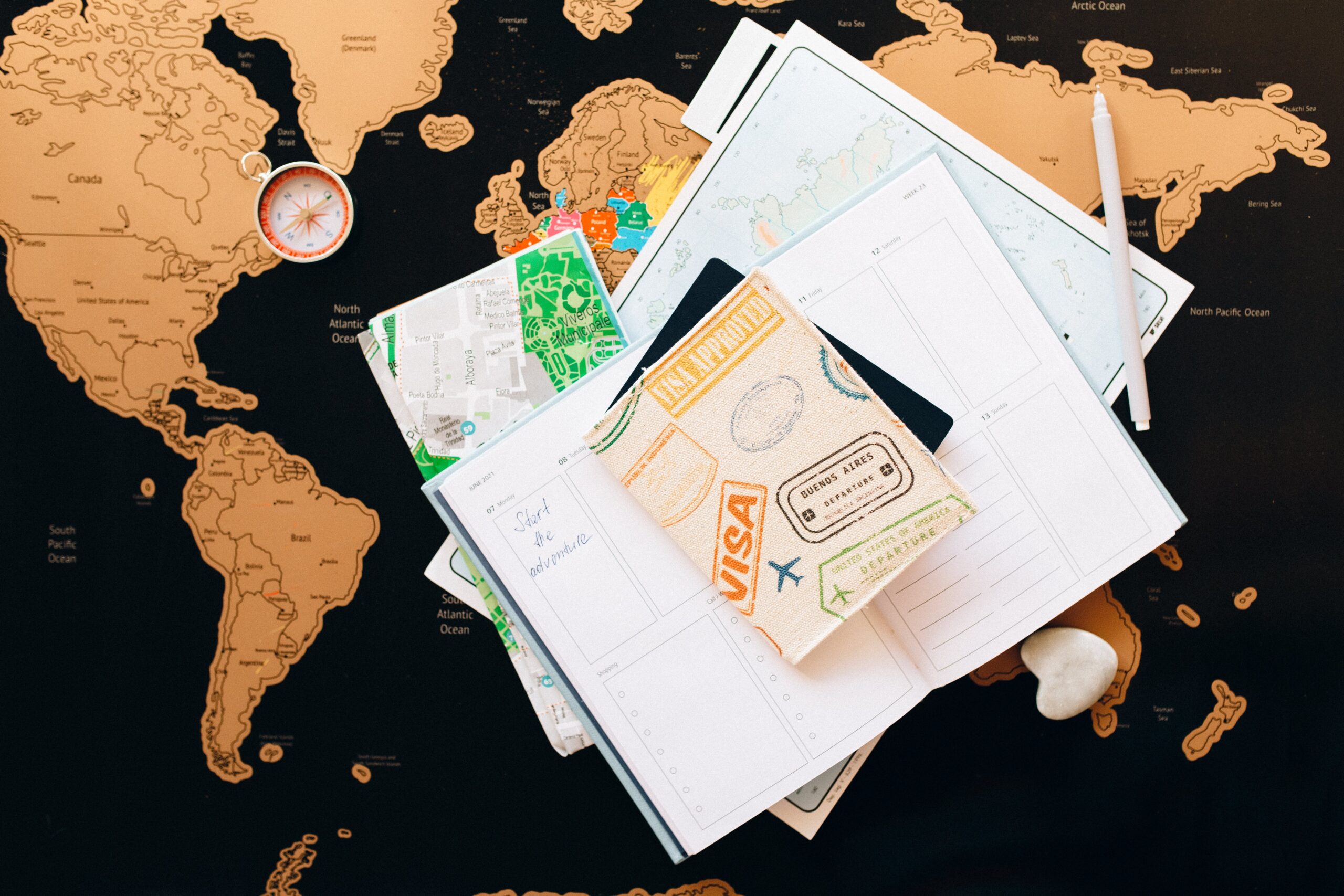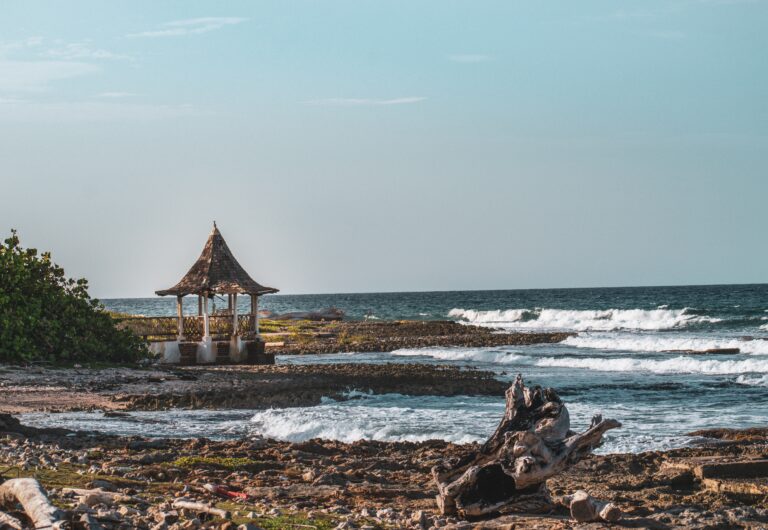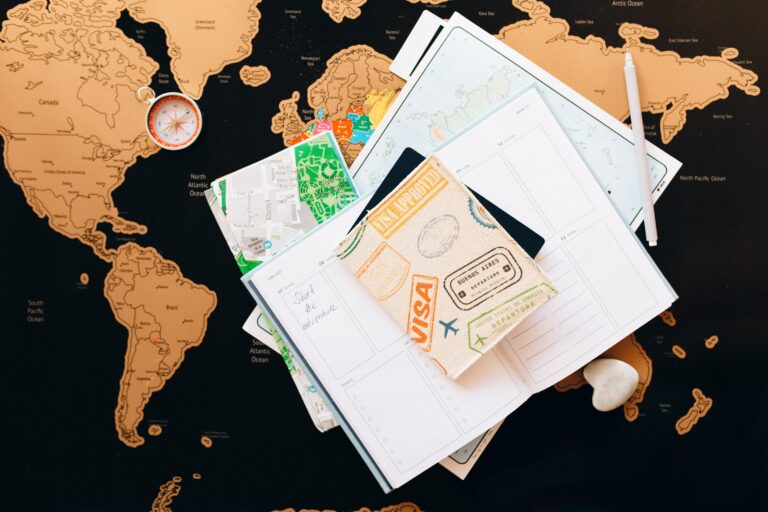Do You Need Travel Authorization for Jamaica?
The beautiful Caribbean island of Jamaica has reopened its borders to tourists, and if you’re planning to visit, there are some important requirements you need to know about.
Jamaica Travel Authorization Requirements
Before you can enter Jamaica, you’ll need to ensure you have the following documents in order:
- A Valid Passport: Your passport must have at least 2 blank pages and must not expire within 6 months from your planned return date. If you’re a US citizen, you can enjoy visa-free travel to Jamaica, but make sure your passport meets the requirements.
- A Negative Covid-19 Test: Travelers from certain high-risk areas, including Brazil, the Dominican Republic, Mexico, Panama, and the USA, must provide a negative Antigen or PCR test result. If you’re 12 years or older, your test must be authorized by the FDA or meet WHO standards. The test sample must be collected within 3 days of your travel date and conducted by a registered or certified laboratory.
- A Completed Travel Authorization Form: You must fill out the Jamaican Travel Authorization Form, which is essential for entry. Without it, you won’t be allowed into Jamaica. You can complete this form manually, or you can make it easier by using the Atlys App, which provides a step-by-step guide.
How to Get a Jamaican Travel Authorization Visa?
Getting a Jamaican Travel Authorization can be done in two ways:
- The Traditional Way: This involves paperwork, a significant amount of time, and some uncertainty. You’ll need to complete the authorization process manually, including submitting all the required documents.
- Use Atlys: The easier way is to use the Atlys App, which allows you to submit your Jamaican Travel Authorization in under 3 minutes. Simply download the app on your iPhone, enter your travel details, and let Atlys handle the paperwork for you.
General Conditions for Admission
If you’re planning to visit Jamaica, there are some general conditions for admission you should be aware of:
- You should have a valid visa, unless you’re exempted under prescribed regulations.
- You must be able to demonstrate the means to support yourself and any dependents for the duration of your stay.
- You should not be of unsound mind.
- You should not be the subject of a health officer’s certificate indicating that for medical reasons, permission to land is not desirable.
- You should not have been sentenced in a foreign country for an extraditable crime.
- You should not be the subject of a deportation order under the Aliens Law.
- You should not be the subject of a landing prohibition order from the Minister of National Security.
Before planning your trip to Jamaica, make sure you meet these requirements and have all the necessary documents in order to ensure a smooth and enjoyable visit.
Conclusion
In conclusion, traveling to Jamaica requires careful planning and adherence to specific requirements. To ensure a hassle-free visit to this beautiful Caribbean island, make sure you have a valid passport with sufficient validity, a negative Covid-19 test if applicable, and most importantly, a completed Jamaican Travel Authorization Form. Remember to also consider the general conditions for admission to Jamaica and comply with them to ensure a smooth and enjoyable trip. With the right preparations, you can look forward to experiencing all that Jamaica has to offer.
FAQs
1. Does Jamaica stamp your passport?
Yes, Jamaica may place a stamp in your foreign passport, which allows you to remain in the country unconditionally. This stamp expires when your foreign passport expires, so you’ll need to transfer the stamp to your new passport if necessary.
2. What is the unconditional landing in Jamaica?
Unconditional Landing status allows individuals, including those who are Jamaican by birth, descent, or naturalization, as well as CARICOM Nationals, to live in Jamaica indefinitely without needing a work permit. This status permits extended stays in Jamaica.
3. How long can you stay in Jamaica without citizenship?
For visitors, Commonwealth citizens are allowed a maximum stay of 12 months on the island, while Non-Commonwealth citizens can stay for a maximum of 6 months as visitors. You must have a valid passport with at least 6 months of validity beyond your intended departure date.







